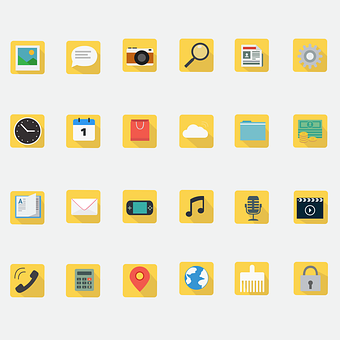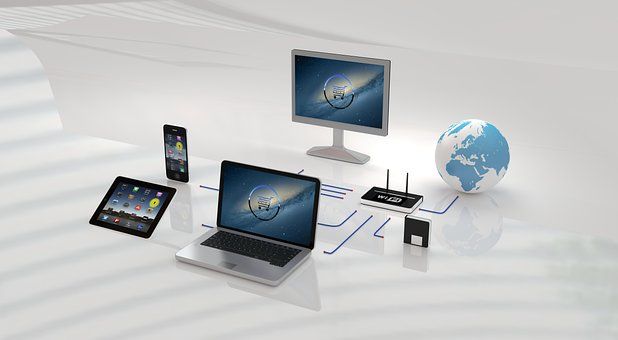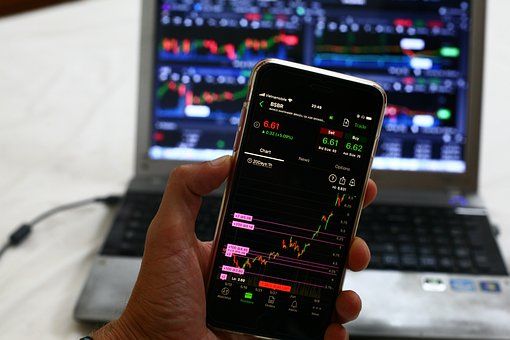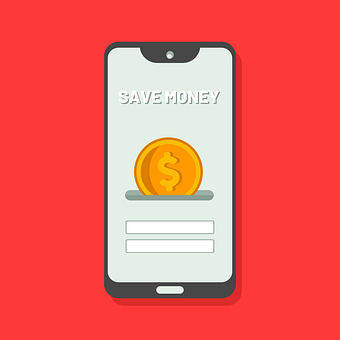The 4 Different Components of Personal Finance Apps

Personal Finance apps have received a rather warm reception from the majority. There has been an increase in interest in personal finance apps since before the Covid-19 Pandemic that has significantly grown even after. Personal Finance crosses different aspects of managing money therefore, different finance apps cater to different financial needs.
A finance app, also known as a money management app, is a mobile personal income/expense tracking software with different functions set that allows users to make financial decisions. Users who choose to stay on top of their finances may download multiple apps. This is because personal finance apps may have only a few functions they need.
Depending on the class of finance app you use, they help to control your finances by channeling them towards positive ends like investments or clearing debts. Personal finance apps also encourage savings for substantial purchases, save time through instant payment gateways, and enable easy access to financial records. Below are the 4 major classifications of personal finance apps:
1. Personal Finance Apps for Payment
Payment apps are specifically for enabling users to receive or send money. As opposed to paying in cash for products or services, finance apps for payment allows the transfer of funds in a few clicks. They are more convenient and can enhance the growth of the cashless system in Nigeria.

Payment apps reduce the time spent in long queues and shorten the process of goods and service exchange. Payment apps facilitate transactions made in stores, online, or through peer-to-peer (P2P) transfers. They also make it easy to keep a record of transactions for a period via e-receipts. On most payment apps users keep funds in their accounts and there are selected merchants users can transact with. Funds can also be transferred to third-party bank accounts. Some apps enable the transfer of funds across different countries. Examples of personal finance apps that specialize in payments are Paga, Opay, Palmpay, etc.
2. Personal Finance Apps for Loans
These types of finance apps connect customers to loan opportunities with various terms. In the traditional banking system, securing loans involves a lot of background checks, paperwork, provision of collateral, and a long waiting period before they are granted. For personal loan apps, users can apply for loans by quick registration and in a short time, receive the loan. With the advent of personal loan apps, qualifying for loans is not limited to salary earners. Non-salary earners with a good credit history are beneficiaries of quick loans. Loan apps increase access for under-served Nigerians to credit.
Some notable Personal Loan apps in Nigeria are Palm credit, Branch, Carbon, and Fairmoney. The Branch loan app, for instance, gives instant loans with no need for physical documentation, or collateral. A valid ID, bank account details, and BVN (Bank Verification Number) are all one needs to qualify for a loan on a platform like Carbon. All loans attract interest rates, these rates differ depending on the app.
Personal Finance Apps for Investments

Investment apps help users to create wealth. Whether you're investing in a wide range of assets like stocks, agriculture, fixed income, or digital coins, the end game is to earn a profit on your capital. Personal finance apps for investments create a platform for users to choose from their available options for investments. An investment platform like Bamboo allows trading of U.S stocks from as little as $20, and Piggyvest offers units of agricultural products from as little as ₦5000 to invest in.
Investment apps make it easy to invest and trade on the go while monitoring market activities from the comfort of a mobile device. Most investment apps do not advise users on which assets to invest in, users are expected to seek external guidance on what to choose.
Personal Finance Apps for Budgeting & Saving
These types of personal finance apps help users reach their financial goals with personalized options and custom budgets. Budgets are financial plans on how to use your income optimally. Hence, budgeting and saving go hand in hand since you have to plan what you spend through budgeting in order to keep a portion as savings. Savings are used to meet significant purchases or expenses known as financial goals.

With finance apps for budgeting, you can track your spending patterns, and amounts saved and determine financial targets towards the goals you choose. Some budgeting apps automatically remove funds from a linked bank account according to user specifications, and others are manual. A few examples include Cashbox, Trakka, Everyday Money app.
It is important to note that some personal finance apps are universal. They provide all types of financial services like a bank.
Also, Nigeria's recent regulation for open banking makes the job of personal finance apps easier. The central bank has published guidelines for open banking hence, finance apps can get access to financial data on customers' authorization. This would make verification of credit easy for loan apps, studying user spending habits easy for budgeting apps, and giving informed investment options easy for investment apps, among other advantages. Finance platforms as a whole will benefit from the open banking system in Nigeria.



